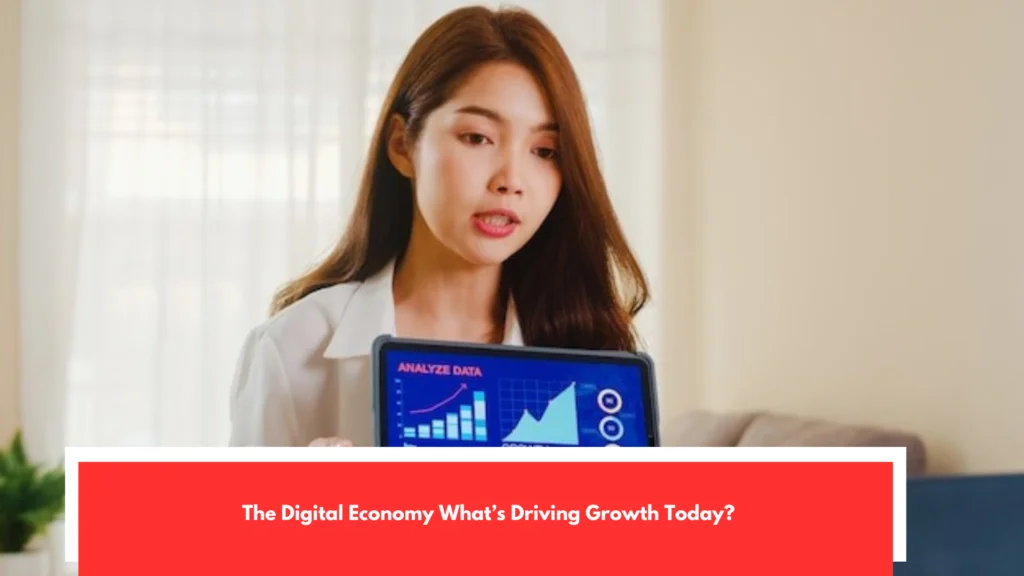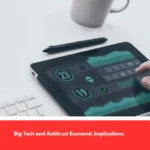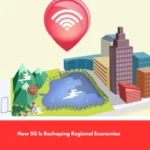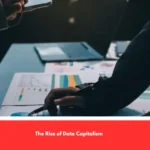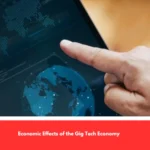Digital economy has drastically changed the way businesses operate and enter into economic relationships over vast distances around the globe. The history of the traditional industry changed with the advent of the digital revolution, as the industry had to adjust to the new market policies, based on artificial intelligence, Big Data, Internet of Things (IoT) and automation. In order to comprehend the role played by these changes, it would be important to define the economy. The topic is investigation of the manufacturing, allocation and utilisation of goods and services.
The International Monetary Fund (IMF) estimates that the digital economy consumes above 15 percent of the total world Gross Domestic Product (GDP) and it is projected that in within the next five years; it will be expanding at a rate of 7 percent each year.
What Is the digital economy and how does it work?

The trend of digitalization has had tremendous effects on many sectors in the economy. Artificial intelligence inclusion in the selling platforms can enable personalized shopping and enhance shipping logistics. Digital banking and cryptocurrencies have also transformed the conventional financial services in the financial sector, turning them around as they make transactions much faster, safer, and operating costs much less.
The rate of digital payments has increased exponentially and as per Statista, the total volume of digital payments capillarizes crossing a boundary of 10 trillion dollars by 2025. Automation and artificial intelligence in the workplace is transforming the skill requirements. The McKinsey report shows that over 30 percent of existing jobs will be automated by 2030, and this will compel employees to adjust to emerging electronic capabilities.
Measuring the impact of the digital economy

Machine learning algorithms have highlighted the capacity to perform accurate diagnoses that have shortened wait time and enhanced treatments. Innovations in the field of technology created another professional category the digital economist. This expert knows not only economics but can also work with data, which makes him or her able.
To understand the processes at play within the digital market and can help companies in terms of their digitalization. LinkedIn statistics reveal that the demand of these professionals has increased by 40 percent in the previous three years. Next, the digital economy will keep growing and quantum computer, Web3, and advanced automation may be its new innovations. These technologies may leave companies that fail to embrace them, far behind in the ever-rising competitive business environment. The inclusion of blockchain to business practices is with a promise of more transparency.
The flywheel effect

In transactions and smart contract, and reduction in costs in dealing with digital markets with more confidence. Besides, quantum computing may transform the complexity of solving various issues within a few seconds, boosting the scientific discovery rate and optimising business decisions. The information economy is one structural revolution that has started to redefine our interaction with goods and services. To a changing environment. The Canadian finance specialist Don Tapscott published.
Conclusion

The book The Digital Economy in the middle of the 1990s, in which he threatened the appearance of future changes to the model of doing business due to the advent of Internet and the digitalization of information. The fact is proved by the time that nowadays these technological innovations are extremely current in the sphere of commerce both in big companies and in small ones as well as in the sphere of personal finance.
Some of these are digital banking, e-commerce, online learning, phone apps, teamwork platforms, and the likes. New surfaced users of devices connected to the Internet every day someone is becoming the owner of mobile phones, computers, smart watches and fitness bands, etc., and has the possibility of interaction in the global environment with no restrictions of space and time. This enables the digital economy to be affordable.
